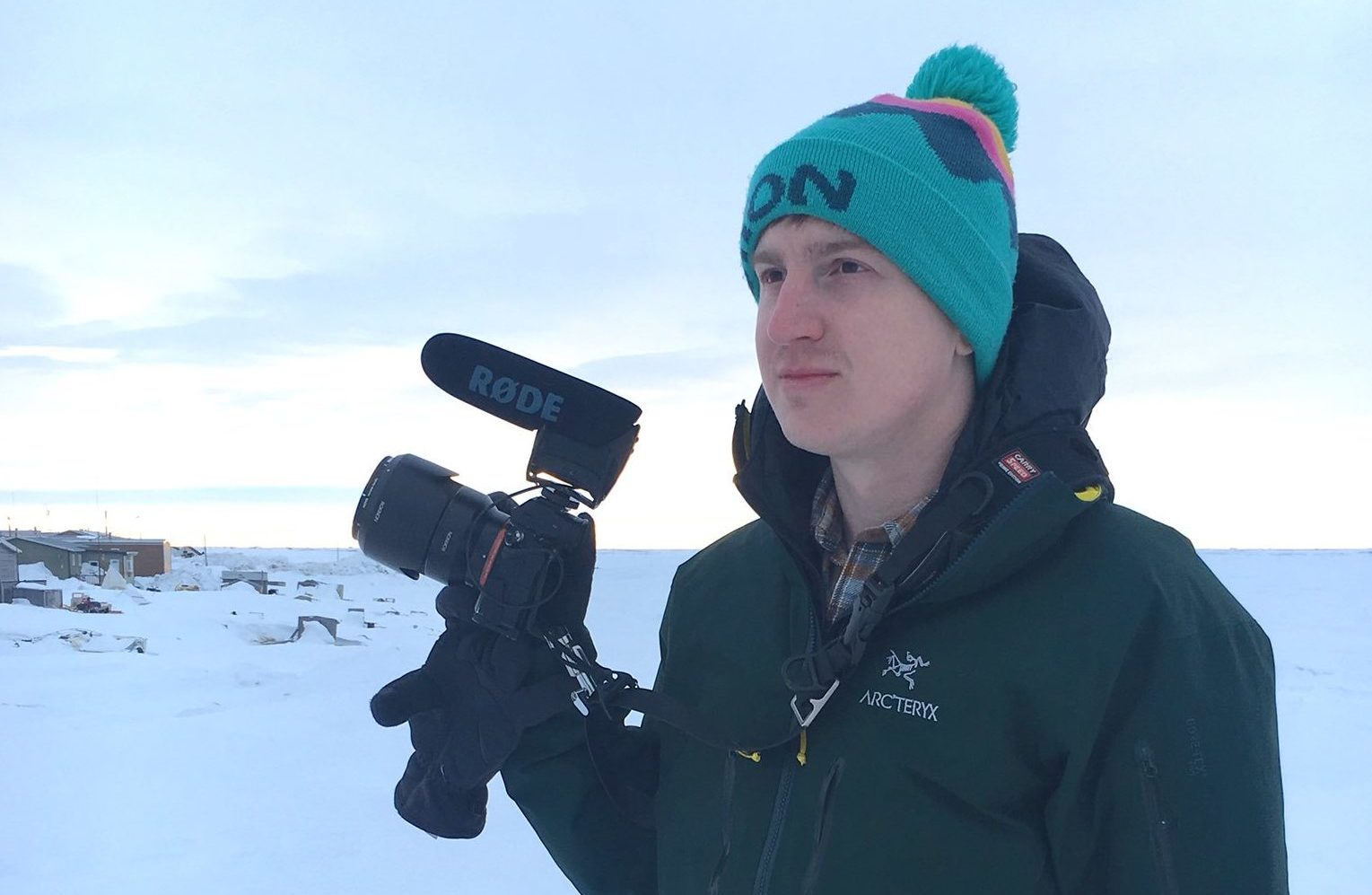
Docs reveal how much BC Hydro power new LNG and mining projects want. Who will pay for it?
Energy Minister Adrian Dix is touting electrifying industries like mining and LNG as key to...
Canada’s North can be a difficult place to live, and a much harder place to make a living as a business owner.
The odds are stacked against small businesses here: costs are high beyond anything most Canadians can imagine, for everything from rent, food and heat to internet and basic supplies. Skilled labour is snapped up by lucrative government and mining jobs. Venture capital is absent. Markets are tiny, so even a great, affordable product may have a hard time finding its audience.
It’s no wonder that most northerners choose to work for someone else.
Small businesses account for a smaller share of the economy in the territories than anywhere else in the country, according to Industry Canada. The same agency found that there are just 61 exporters of goods — mines, mostly — throughout all three territories.
Yet this year I have had the privilege of meeting an ambitious cohort of Indigenous business owners who are beating those odds.
It’s been eight months since I filmed the first interviews that would become the basis for the videos that will be released starting this week. It was a chilly September afternoon at a retreat centre outside Yellowknife. Since that day, these videos have taken me to all three territories, with visits to Whitehorse, Iqaluit, Rankin Inlet, Yellowknife, Mayo, Keno, Hay River and Arviat.
The project has been a golden ticket into more kitchens than I can count (to be treated to musk ox lasagna, moose sausage, narwhal soup, raw beluga and caribou, and some spectacular coffee) and, more importantly, into the minds and workshops of these entrepreneurs.
The stories of how their businesses began are often challenging in the ways that many stories of modern Indigenous life are challenging. There are stories of rediscovering, reasserting and protecting identity; of struggling with modernity, history and tradition; of slow internet and fast changes; of standing up to colonial attitudes about art and craft.

Reporter Jimmy Thomson in the field in Arviat, Nunavut.
These businesses are making soap, jewelry, scents, clothing and more, using materials and inspiration from the land. That in turn is reinforcing their appreciation for the unique environments of northern Canada. Whether it’s bowhead whale oil in a body butter from Uasau Soap, a caribou antler earring from Hinaani Design, beadwork embedded in a soap bar from Yukon Soaps, spruce oil in a Dene Roots spray or musk ox horn brought front and centre on a piece from Tania Larsson, these businesses are elevating northern materials to products that celebrate the best of their environment.
And now, they have help. This series came about because these entrepreneurs have been part of a program called EntrepreNorth, which is supporting them in ways not often available to northern businesses. The business owners have access to mentors, workshops, networking and other resources designed to lessen some of the obstacles they face in starting a business in such a harsh environment.
EntrepreNorth invited The Narwhal to come along for the ride, and so I packed my bags and spent much of the long northern winter on the road.
We hope you’ll come along as well.
This series was made possible with the support of EntrepreNorth; however, the organization did not have editorial input into the videos or articles published on The Narwhal.
Get the inside scoop on The Narwhal’s environment and climate reporting by signing up for our free newsletter. On March 17, federal Conservative Leader Pierre Poilievre...
Continue reading
Energy Minister Adrian Dix is touting electrifying industries like mining and LNG as key to...

B.C.’s energy regulator has the power to grant exemptions — without notifying the public. Experts...

The current trade war with the U.S. means Canada must confront whether its domestic food...
